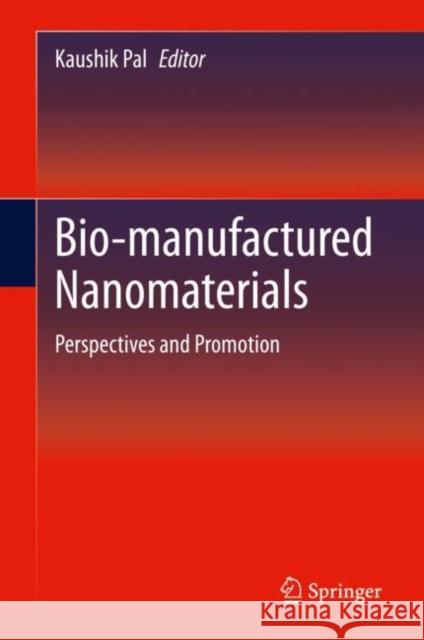Bio-Manufactured Nanomaterials: Perspectives and Promotion » książka
topmenu
Bio-Manufactured Nanomaterials: Perspectives and Promotion
ISBN-13: 9783030672225 / Angielski / Twarda / 2021 / 451 str.
Bio-Manufactured Nanomaterials: Perspectives and Promotion
ISBN-13: 9783030672225 / Angielski / Twarda / 2021 / 451 str.
cena 697,18
(netto: 663,98 VAT: 5%)
Najniższa cena z 30 dni: 655,41
(netto: 663,98 VAT: 5%)
Najniższa cena z 30 dni: 655,41
Termin realizacji zamówienia:
ok. 16-18 dni roboczych.
ok. 16-18 dni roboczych.
Darmowa dostawa!
Kategorie:
Kategorie BISAC:
Wydawca:
Springer
Język:
Angielski
ISBN-13:
9783030672225
Rok wydania:
2021
Wydanie:
2021
Ilość stron:
451
Waga:
0.95 kg
Wymiary:
23.88 x 19.81 x 2.79
Oprawa:
Twarda
Wolumenów:
01











